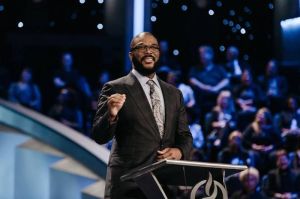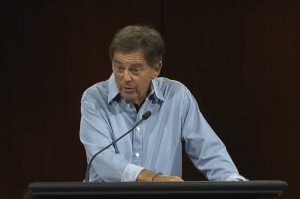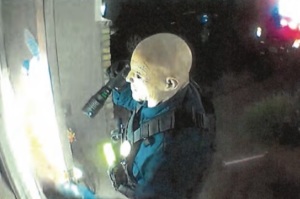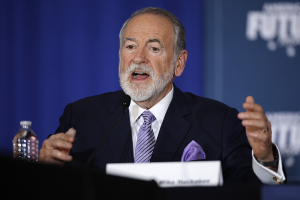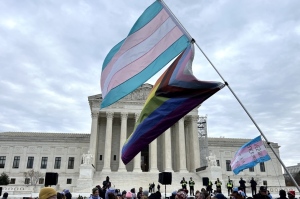New Testament prof. says Christians shouldn't be pushing for economy to reopen, even if unemployed
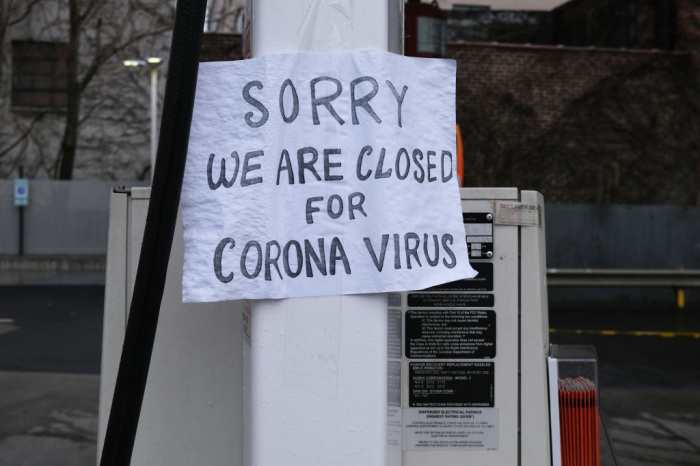
A renowned New Testament scholar rebuked Christians who are protesting states' stay-at-home orders amid the coronavirus pandemic, saying that one's right to life supersedes another's right to work.
More than 30 million Americans have filed for unemployment since state lockdowns were enforced, according to U.S. Department of Labor figures released Thursday.
In a post on Patheos, Asbury Theological Seminary professor Ben Witherington III criticized those who are publicly demanding that the economy reopen, particularly believers who identify as pro-life.
Witherington said that because the new coronavirus puts the most vulnerable at risk and in the absence of a vaccine, Christians shouldn't be demanding the country reopen before extensive testing is done to determine who all is carrying the virus. "It is not safe to either stay ignorant nor ignore the warnings of Drs. Fauci and Birx and others just because you are currently not working," he said in the April 22 post.
"As far as I can see, there is nothing in the [C]onstitution that says ‘thou hast an inalienable right to work.’ And what’s even more maddening is that the very same persons who are out protesting abortion while protesting stay at home orders, the so-called right to lifers, don’t realize the blatant contradiction involved in what they are doing," Witherington said in his piece on Patheos.
He added that vulnerable populations such as the sick and the elderly, those with pre-existing conditions, the poor, the homeless also have a right to live, and their right so life always takes precedent over someone's right to work.
"Otherwise, you are simply violating part of the great commandment — to love your neighbor as yourself," he said. "And as for right wing political groups that claim to be Christ-centered and Biblically-based, SHAME ON YOU FOR URGING PEOPLE TO VIOLATE THE GREAT COMMANDMENT, and ignore the vulnerability of your neighbor. This is not at all what Jesus would do."
The theologian also expressed empathy for those who are now unemployed and listed the steps the government has taken thus far to help.
"I do understand and empathize with those who are out of work now. Fortunately the government has done and is doing something to help the unemployed with stimulus checks and unemployment checks and the Payment Protection Plan. These temporary remedies are not enough, but they do help ..." Witherington added.
Asked to elaborate in light of concerns about those who are unemployed and a prolonged shutdown of the economy, Witherington said in an email to The Christian Post on Wednesday that the church always has a responsibility to help the poor, the homeless, the ill, the infirm, and not just during pandemics.
"The Gospel and Jesus are quite clear about all this. So on the one hand, of course, the church should be helping the unemployed among them. As for the more general response to unemployment, the church should be advocating for things like the PPP, things like small business forgivable loans and the like from the government," he said.
"Under this condition, the response to the virus, if done state-by-state, will in no way reflect the importance and equality of all human lives. Every person's life is of sacred worth. Here's where I quote that great minister and theologian, John Donne — 'every man's death diminishes me/for I am a part of mankind. Therefore, do not ask to know for whom the bell tolls/ it tolls for thee.' We are indeed all in this together, as we are all God's creatures increasingly interconnected in a global economy and humanity," he said.
Within Christian circles considerable debate has transpired as to the best approach to responding to a public health crisis while preserving protected freedoms set forth in the U.S. Constitution, particularly in light of how the infection and death rates are demonstrably higher in certain cities and states. Much of the conversation has centered around whether or not the government has the legitimate authority to force businesses and other public gatherings to be shut down, particularly churches, deeming them "non-essential" in an attempt to prevent further spread of the disease.
















